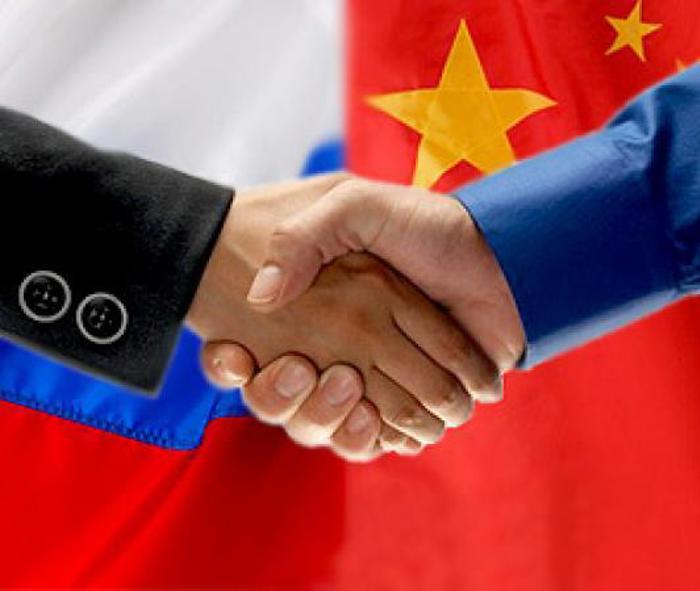
RUSSIA FEEDS CHINA MORE AND MORE
Wang Xianzhe or just Sasha is at home in the Kremlin. And he studies Russia not from textbooks, but from matryoshkas. The park with the matryoshka symbols was erected to introduce the Chinese to their neighbor and consolidate the status of the city of Manchuria as a trade zone with Russia. But her taste has been known here since childhood. "We know bread, sausage, chocolate, ice cream," locals say.
After an advertisement in the form of a popsicle box from President Xi Jinping, Wang turned from a middle-class businessman into the king of ice cream. Every tenth factory in Russia is now its partner. Orders soared three times. New contracts — for 15 million yuan. Manchuria is the most important checkpoint between Russia and China.
Most of the Russian imports — wood, fertilizers, coal — were and are being transported through this section, but in the last two years food has been a hit of imports. So that the boxes of food could not fit in the stores, and the Chinese served Kamchatka crabs and chocolate on the table — this has not happened yet. Food supplies from Russia increased by another 20% in 2016. Previously, all this abundance was known only in the North.
Many families here have such a grocery set: flour, butter, milk powder. But now they order from other provinces. No, no, and in Beijing you can even find chaga, a birch mushroom. "We also brew and drink it, it is very healthy," the Chinese admit. The Chinese are getting richer and consuming more, but there is less land suitable for pastures, growing vegetables and grain. One fifth is poisoned by heavy metals.
In the food safety ranking, China is only in the middle of the list — 42nd place. By 2020, it will import the most products. Especially meat. Russia considers the supply of pork, chicken and beef as a profitable item of income in a few years. And last week we agreed on the supply of grain, legumes and oil. Ten years ahead. The contract is for 52 million tons.
"If we sell one and a half billion dollars of products to China, then in general China buys agricultural products totaling more than one hundred billion dollars. We are only trying to export agricultural products not only to China, but also to different continents," said Alexander Tkachev, Minister of Agriculture of the Russian Federation.
In China, the trend was picked up by many. In autumn, the Epindo playground, the largest, was opened. In translation, it sounds like "a lot of products from Russia". "There are a billion 300 million people in China. Even if 1% of the population likes Russian goods, this is already a very large market," said Jing Quan, CEO of a cross—border electronic trading company.
Sensational calculations were also made in the Russian Chamber of Commerce and Industry: if even 1% of soft drinks and ice cream in China are from Russia, our trade turnover will grow by 30-40 billion dollars. And just a defiant success with confectioners. "Tiramisu" — so, for some reason, the name of the dessert from Italy, the Chinese nicknamed honey cake. Honey, sugar, condensed milk, flour, vinegar — all from Russia. The volumes of this production are much smaller, but you also need to get used to Russian sausage. For the Chinese, the taste is still completely incomprehensible.
The Russians and Chinese took to baking bread in four hands. From Russian raw materials. Even in the legendary Beijing cafe "Moscow" bread is not called in Chinese "mianbao", but in the Russian manner – "hlebaaaa". "Moscow" opened back in the time of Mao, in 1954. This is the first foreign restaurant. People still come here to taste jelly and herring under a fur coat in a luxurious interior. But if earlier everything imported was just exotic, now it is automatically safe.
"Your state standard is higher than in China. I'm being honest," said Wang Zhao, head of an online trading company. The Chinese, of course, are conservative in food and are unlikely to give up their understandable dishes.
But all the basic ingredients are also produced in Russia: flour, butter, meat, fish, seafood, cereals. In China, they understand that relations need to be built for a long time and so that they are not affected by either the exchange rate or black exports.
https://youtu.be/hB21x4-hqIo
 Rus
Rus Eng
Eng Ch
Ch

